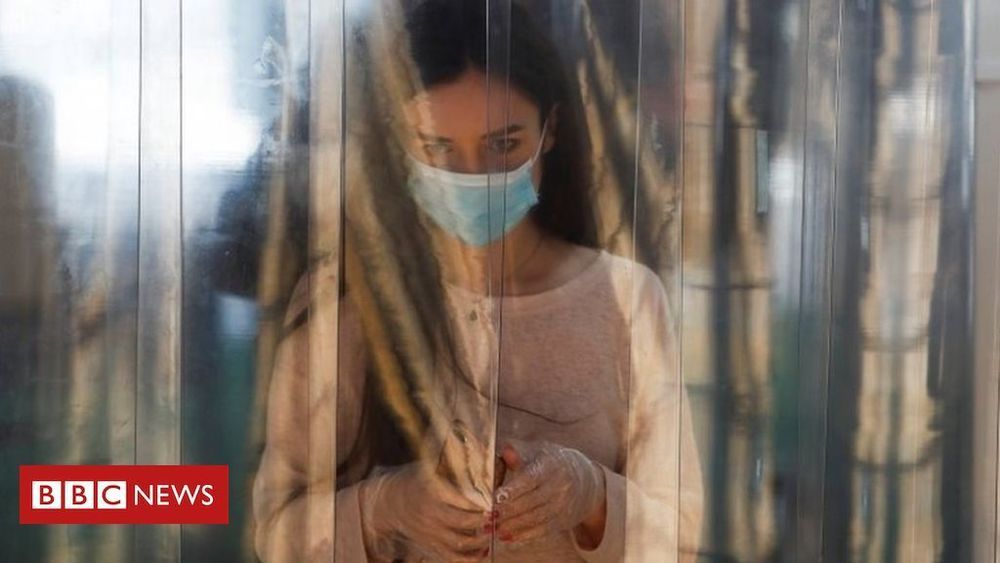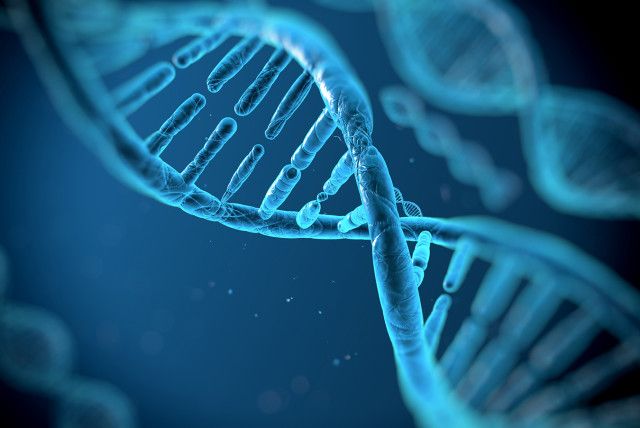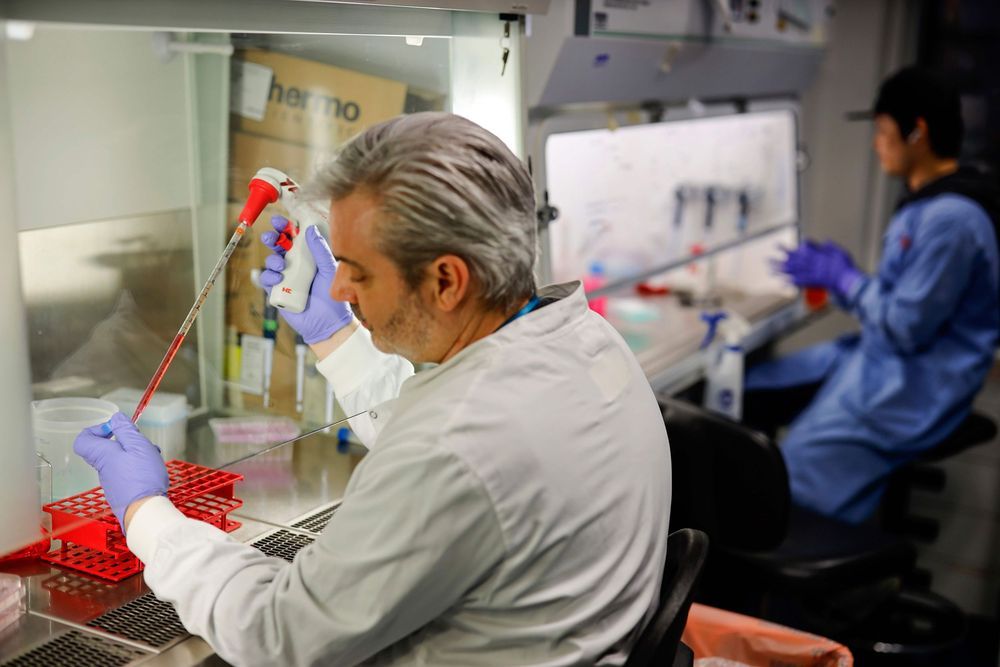#Eternal life might not be attainable in the near future, but genetic engineers and doctors are working on new life extension technology. The research could lead to keeping our bodies young, and scientists are developing ways of downloading our brain’s consciousness onto digital media once the body is at the end of its life cycle.
#RT #Documentary offers you in-depth documentary films on topics that will leave no one indifferent. It’s not just front-page stories and global events, but issues that extend beyond the headlines. Social and environmental issues, shocking traditions, intriguing personalities, history, sports and so much more – we have documentaries to suit every taste. RTD’s film crews travel far and wide to bring you diverse and compelling stories. Discover the world with us!
SUBSCRIBE TO RTD Channel to get documentaries firsthand! http://bit.ly/1MgFbVy
FOLLOW US
RTD WEBSITE: https://RTD.rt.com/
RTD ON TWITTER: http://twitter.com/RT_DOC
RTD ON FACEBOOK: http://www.facebook.com/RTDocumentary
RTD ON INSTAGRAM https://www.instagram.com/rt_documentary_/
RTD LIVE https://rtd.rt.com/on-air/




